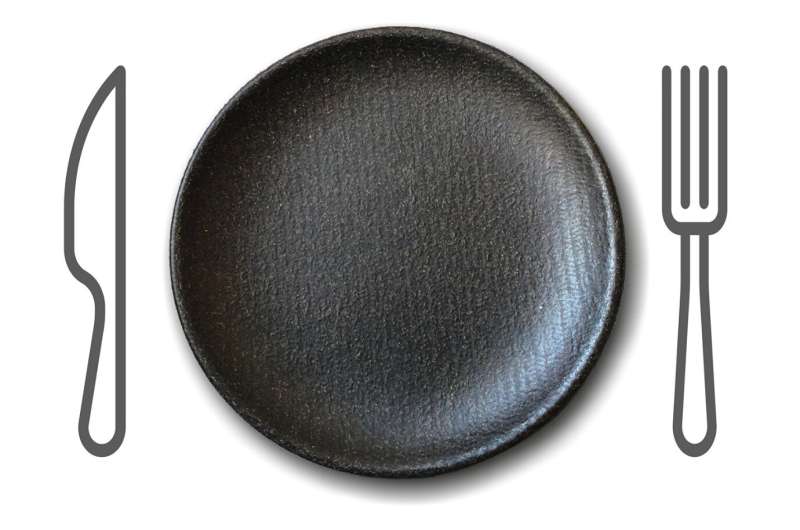In a groundbreaking initiative, researchers are developing compostable, single-use tableware using plant-based residues, aiming to address the environmental challenges posed by plastic waste. This development comes as the European Union’s ban on many single-use plastic products, effective since July 3, 2021, has created a demand for sustainable alternatives. The project, a collaboration between Fraunhofer WKI, RWTH Aachen University, and Pfeifer & Langen GmbH & Co. KG, seeks to create functional, eco-friendly options for events like trade shows and festivals.
According to the EU Single-Use Plastics Directive (SUPD), only single-use products made from naturally occurring unmodified polymers are permitted. This has spurred innovation in the use of agricultural by-products to create biodegradable tableware. The EBRA project, spearheaded by these institutions, focuses on utilizing regionally available plant-based residues from food production, such as sugar beet pulp, to produce plates and utensils.
Strengthening Regional Markets with Sustainable Materials
Arne Schirp, a research scientist at Fraunhofer WKI, highlights the potential of agricultural waste streams like sugar beet pulp, which is already produced in significant quantities by German sugar manufacturers. “Beet pulp, combined with natural polymers like cornstarch and pectin, can serve as raw materials for compostable tableware,” Schirp explains. This approach not only reduces transportation emissions but also bolsters regional markets by processing materials on-site.
The process involves adding water and glycerin as plasticizers to the beet pulp, starch, and pectin mixture. An ecotoxicological evaluation confirmed that the resulting substrate is safe for food contact, ensuring consumer safety.
Innovative Production Techniques for Biodegradable Tableware
The materials developed must meet several criteria: they need to be biodegradable, suitable for home composting, and compatible with existing production equipment. Tests have shown that these materials decompose faster than conventional paper plates over 12 weeks, offering greater stability and water resistance.
RWTH Aachen University has developed bio-based coatings to enhance the mechanical stability and water resistance of the polymer films, making them suitable for greasy foods. Schirp describes the production process: “The mixture of ground beet pulp, cornstarch, and additives is first produced in a compounder, then formed into pellets. These pellets are pressed into a film, coated, and finally shaped into plates.”
“Because the polymers used have low melting points or no melting point at all, little energy is required to produce new materials, emphasizing sustainability.” – Arne Schirp
From Research to Market: The Future of Compostable Tableware
With plates already produced as demonstrators, the project partners are preparing materials for single-use utensils using injection molding. The next phase involves scaling production to an industrial level and marketing these innovative products.
This initiative not only addresses the immediate need for sustainable single-use items but also sets a precedent for future innovations in eco-friendly product development. As the world grapples with the environmental impact of plastic waste, projects like these offer a glimpse into a more sustainable future.
As the project progresses, it promises to reshape the market for single-use tableware, providing a viable, environmentally friendly alternative to traditional plastics. The success of this initiative could inspire similar efforts globally, contributing to a significant reduction in plastic pollution and fostering a more sustainable economy.
About The Author
 Study Reveals Adult Moths Face Greater Predation Risks Than Caterpillars
Study Reveals Adult Moths Face Greater Predation Risks Than Caterpillars Cities Sue Trump Administration Over Obamacare Changes Impacting Millions
Cities Sue Trump Administration Over Obamacare Changes Impacting Millions Coco Gauff’s Shocking First-Round Exit at Wimbledon 2025
Coco Gauff’s Shocking First-Round Exit at Wimbledon 2025 MethaneSAT Mission Ends Prematurely After Orbital Failure
MethaneSAT Mission Ends Prematurely After Orbital Failure Waffle House Removes Egg Surcharge as Prices Fall
Waffle House Removes Egg Surcharge as Prices Fall